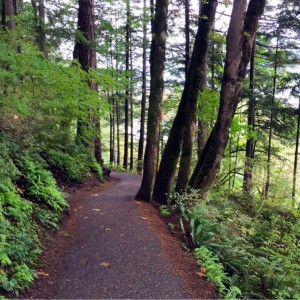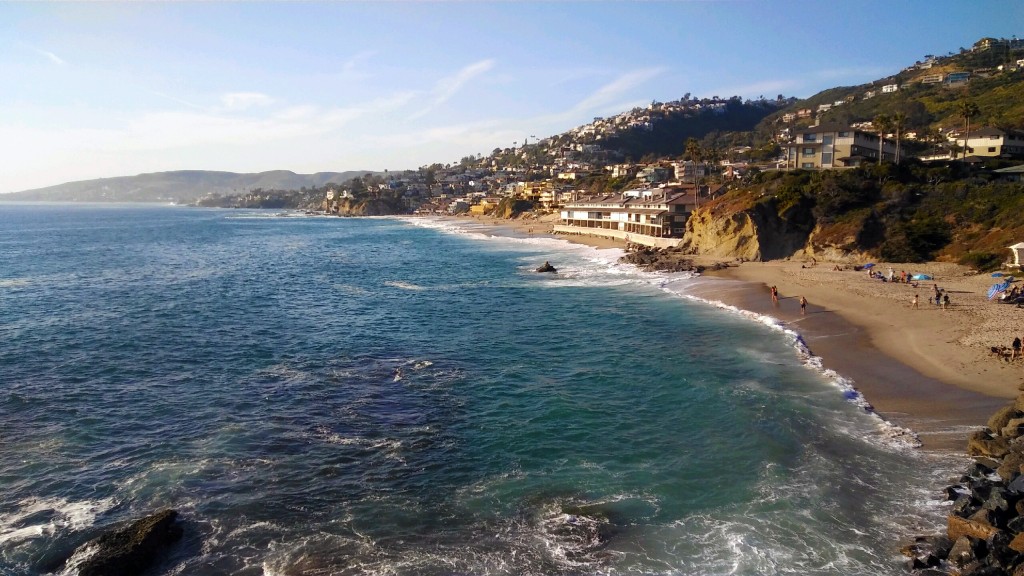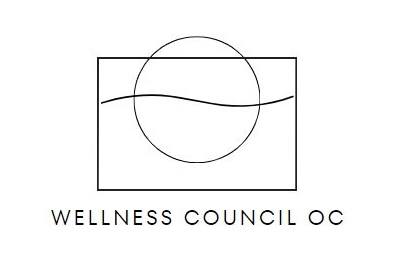Our planet needs to be protected. It’s important that each and every one of us helps in whatever way we can. Think about it. It’s a fact freeways in Los Angeles are more crowded than ever. Construction of new apartment living is expanding quickly. Pollution keeps increasing, a fact easily seen looking for the Santa Ana mountains through the haze of air pollution. Water is still very much a concern and the water shortage, though quenched a bit by the rain this year, still hangs over everyone’s head. It’s a bit scary thought to think we might not have enough water.

Earth Day was initiated to bring awareness of the environmental concerns present on our planet. But celebrating just one day is not enough. We need to apply it to our daily lives.
The Earth Day Network is building the world’s largest environmental movement to help our planet. Its mission is to diversify, educate and activate the population, with over 50,000 partners in nearly 200 countries around the world building a better world. Though the day comes and go so fast, more than 1 billion people participate making it the largest civic observance in the world.
Maybe our generation has dropped the ball on keeping our planet healthy for our children and our children’s children. But it is never too late to lend a hand to keep our earth pristine for years to come. First, take note of the problems at hand and do more and more each and every day!
What acts of green can we do? Here are a few actions that might just make you a hero to our planet.
Ride a bike. Walk. Carpool. Take a bus.
Reduce your carbon footprint. Half the noxious air pollution and more than a third of greenhouse gas emissions comes from cars, trucks, buses, boats and planes. Cars are the worst by contributing most of the carbon dioxide (CO2) emissions, urban blight from ugly freeways and traffic jams. Car emissions also pollute our water and air through exhaust and runoff. Make an effort to not drive solo, pick up a friend or turn, instead of each meeting at your destination. Walking in California is a lost art for most of us. If possible, make an effort to walk to your local store, bank or coffeeshop. Even riding a bike once or twice a week to work can make a difference to the environment.
Reduce home electricity use. And go solar.
Greenhouse gases are generated from the production of electricity. Make your home energy efficient by choosing energy efficient appliances, replacing light fixtures with energy saving bulbs and sealing up drafty doors and windows to reduce your utility bills. Just investing in a new refrigerator will generate 40% less energy than a 10 year old model. But in solar panels. With sunny southern California weather, there is no excuse to not install a solar system.
Eat wisely.
Be aware of where your food is grown. Choose foods that are local, organic and low on the food chain. Buying local produce reduces transportation used to truck and fly in food across hundreds of miles, resulting in less CO2 emissions

filling the air. Reduce the amount of package foods for fresh foods. Choose produce from local farmers helps reduce the effects of climate-changing emissions. Farmer’s markets and other small family-owned stores offer many local produce and products to their customers.
Avoid using plastics
This last decade has seen more plastic produced than in the previous centyr, about 300 million tons a year. Half of that is used once and thrown away. These plastics clog our oceans and landfills. An estimated 8 million metric tons of plastic end up in the oceans each year. Plastic is toxic to the environment. It is made of petroleum and contains dangerous toxins.
It is really easy to start to reduce your use of plastics. Don’t buy water in small individual plastic bottles. Get a water filter and use your own steel water bottles. Bring your own grocery bags to the store. Go back to using bar soaps instead of body wash. Use paper straws instead of plastic ones. Never buy styrofoam and refuse take-out from places that still use it.
Take care of your trash. Compost when you can. Plant a garden.
Compost all organic waste. Recycle paper, cardboard, cans and bottles at your local recycling center. This will help reduce greenhouse gas emissions associated with landfills where most of these items end up. Compost your produce waste. Many of the city’s local waste management centers have compost bins. Or check your local gardening store. It’s easy to compost and at the same time you can start your own vegetable garden, utilizing the compost to replenish and enrich your soil for tastier produce.







